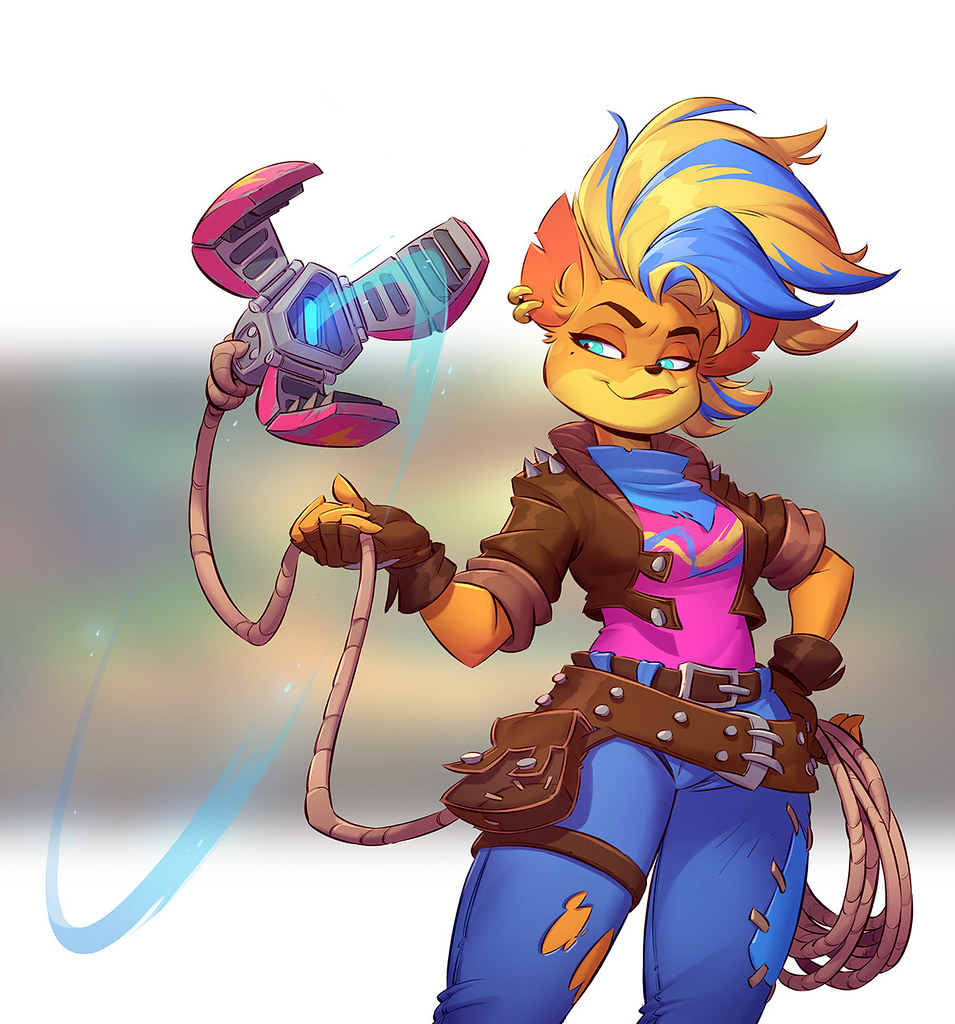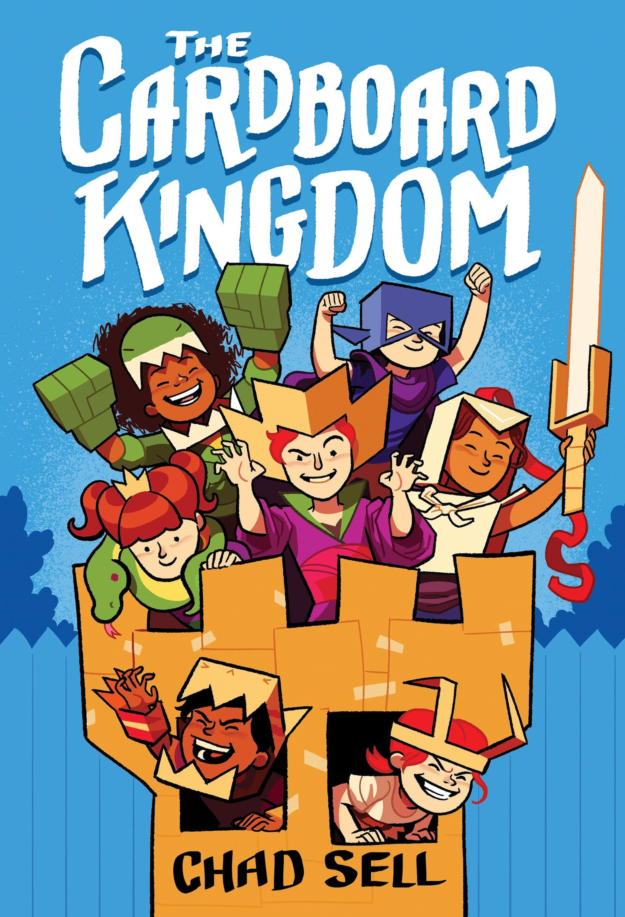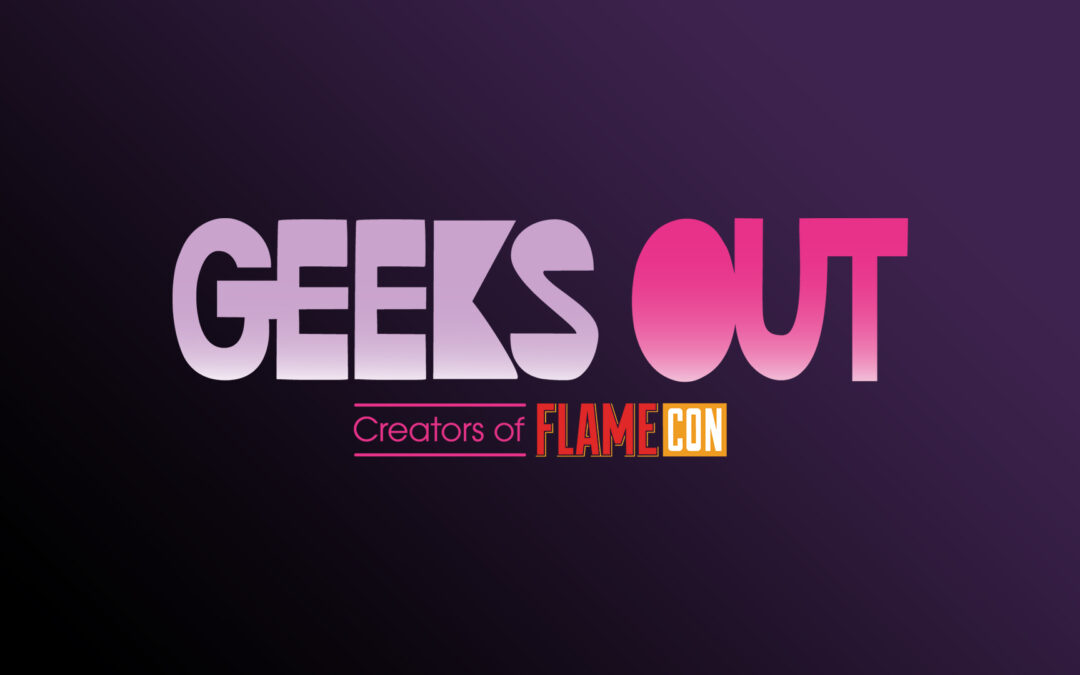
by Kevin Gilligan | Sep 15, 2020 | Podcast
https://geeksoutpodcast.libsyn.com/geeks-out-podcast-crash-into-diversity In this week’s super-sized episode of the Geeks OUT Podcast, Kevin is joined by President of NYCGaymers, Raffy Regulus, as they discuss the new diversity/inclusivity initiatives coming to...

by Geeks OUT | Jun 27, 2018 | Blog
You’re not going to want to miss The Cardboard Kingdom, the new anthology-style graphic novel by Chad Sell. The listed age recommendation for Middle Grade is 8–12, but I read the book with my six-year-old, and he was just as enthralled as I was—which is no easy...

by Daniel Stalter | May 16, 2016 | Blog
The need for diversity in Science Fiction, otherwise known as Speculative Fiction, has been getting a lot of media attention as of late. Racist fanboys tried (and failed) to boycott Star Wars Episode VII for featuring a diverse primary cast. The World Fantasy Awards...




